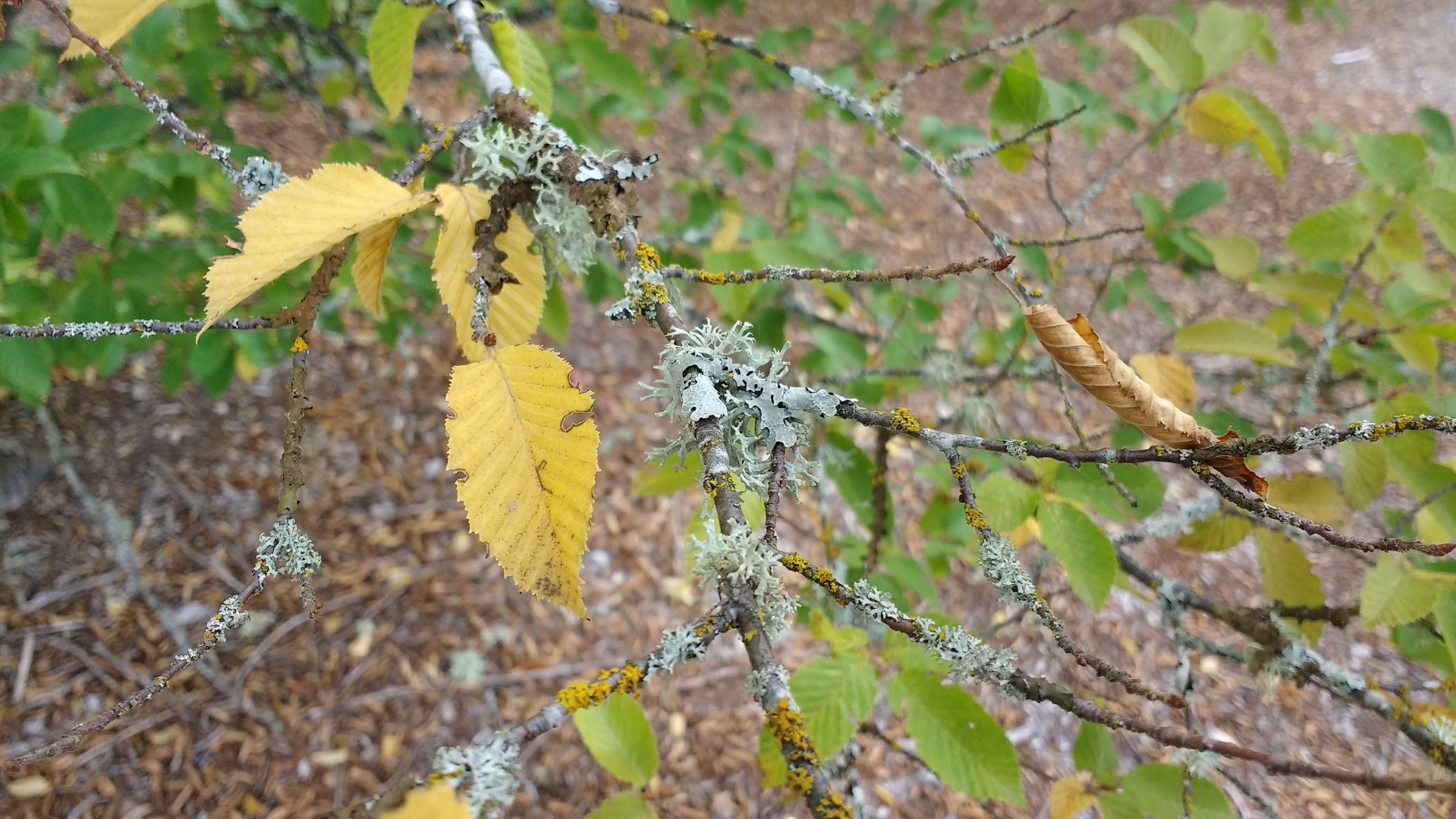Gnocchi I wouldn't personally call a noodle but if someone did I wouldn't call them out on it. Hell, I probably wouldn't even notice.
Ravioli is definitely a noodle. Not the stuff inside, though.
Pierogi is a similar story to ravioli, even if it feels less "noodle"y to me.
Other dumplings it depends. Chicken & dumplings' dumplings for example definitely aren't, as that's usually leavened (and even when the aren't they're still quite bread-like). Bao isn't for similar reasons. Gyoza if steamed/boiled is again like ravioli, and I'd still describe it that way if pan-fried but only because of it's resemblance to boiling it.
Point is, the american english definition of noodle, or at least how I use it as an american, is boiled, unleavened dough. When you see americans refer to some food as a noodle it's more often a textural distinction, not a shape one (even if most would consider noodles to have a canonical shape, which is why the OP feels the need to clarify sheets).

Left because it filters out the other hacker's viruses.